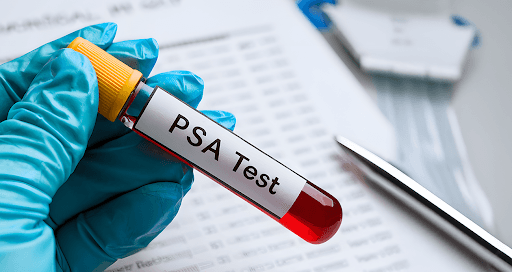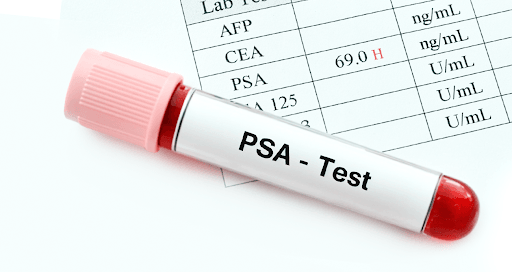
Why should parents ensure their newborn baby undergoes NBS? What are the tests involved? An expert breaks it down.
You have just become a parent and feel blessed to have your little bundle of joy. You can’t wait to leave the hospital and be surrounded by your friends and families in celebrating the good news.
Just then, the baby's doctor walks in, informing you about newborn screening.
What is NBS? Let's break it down.
Newborn screening (NBS) is a cost-effective intervention that allows the early detection of certain conditions before clinical symptoms manifest, enabling timely treatment.
NBS is typically conducted soon after birth, before the baby is discharged from the hospital.
The significance of newborn screening lies in its ability to identify and treat conditions early on, preventing the development of certain diseases and mental disabilities.
By detecting these conditions in their early stages, infants can receive prompt medical attention, leading to better long-term outcomes and a healthier start to life.
While newborn screening is currently being performed in many hospitals in India, it is not yet a part of the country's health policy. However, a few states, such as Kerala, Goa, and Chandigarh, have implemented NBS programs in government hospitals, providing free screening. These states serve as models for others to learn from and emulate.
Newborn screening typically includes the following:
Blood Tests
In most hospitals, blood samples are collected from the baby's umbilical cord soon after birth, eliminating the need for an additional prick. Pricks on a newborn can be quite distressing for parents.
If cord blood cannot be obtained, a heel prick test is done 24 - 48 hours after the birth.
Commonly tested disorders include,
- Congenital Hypothyroidism
Congenital hypothyroidism can be easily treated with not-so-expensive, easily obtained medicine, and early detection helps prevent intellectual disability.
- Glucose 6 Phosphate Dehydrogenase Deficiency (G6PD)
G6PD deficiency, which is more prevalent in boys, can lead to anaemia and jaundice in the early neonatal period. Parents with babies of G6PD deficiency are given a Diet/Drug list to avoid. These drugs include certain antibiotics, antimalarials etc.
- Congenital Adrenal Hyperplasia (CAH)
Congenital adrenal hyperplasia, if undetected, can lead to severe complications including shock and even death.
Newborn Hearing & Heart Screening
Hearing loss occurs in 2- 4 out of every 1000 babies. Screening is therefore crucial, and involves a simple test called Otoacoustic Emission (OAE).
The test involves placing a small probe (like an earphone) in the baby's ear, providing a click stimulus, and detecting a response from the inner ear.
If it fails, the test is repeated with the 6-week vaccination visits, and if the child still doesn't pass, a detailed test called Brainstem meant to revoke Response Audiometry (BERA) is recommended.
Early detection of hearing loss is crucial to prevent impairments in speech, communication, behavior and learning difficulties.
- Screen before one month of age
- Diagnose before 3 months
- Treat (Hearing aids) by 6 months of age
Crude methods to assess hearing (for example, a baby responding to a door closing with a startle) can falsely reassure parents. This is why it's important to convince them to get hearing tested by a formal yet simple test- OAE.
Another aspect of newborn screening involves using a pulse oximeter to check for certain heart conditions in infants.
Challenges to Implementing Newborn Screening
Some roadblocks to regular newborn screening include,
- Financial constraints
- Lack of awareness among healthcare professionals policymakers, and parents
- Need for retesting if a screen comes back positive.
Additionally, certain disorders may require specialised diets that are often expensive and difficult to procure from other countries.
To ensure the successful implementation of newborn screening, increasing awareness among the medical community, policymakers, and parents about the benefits of NBS are vital.
Integrating newborn screening into the national health policy and gradually rolling it out in a phased manner, taking into account the prevalence of conditions in each state, will lead to a healthier and happier India.
Newborn screening holds the potential to reduce morbidity and mortality in neonates and infants, providing early detection, intervention, and treatment.
By taking one step at a time, we can work towards the universal implementation of NBS, ensuring a healthier future for our children.







